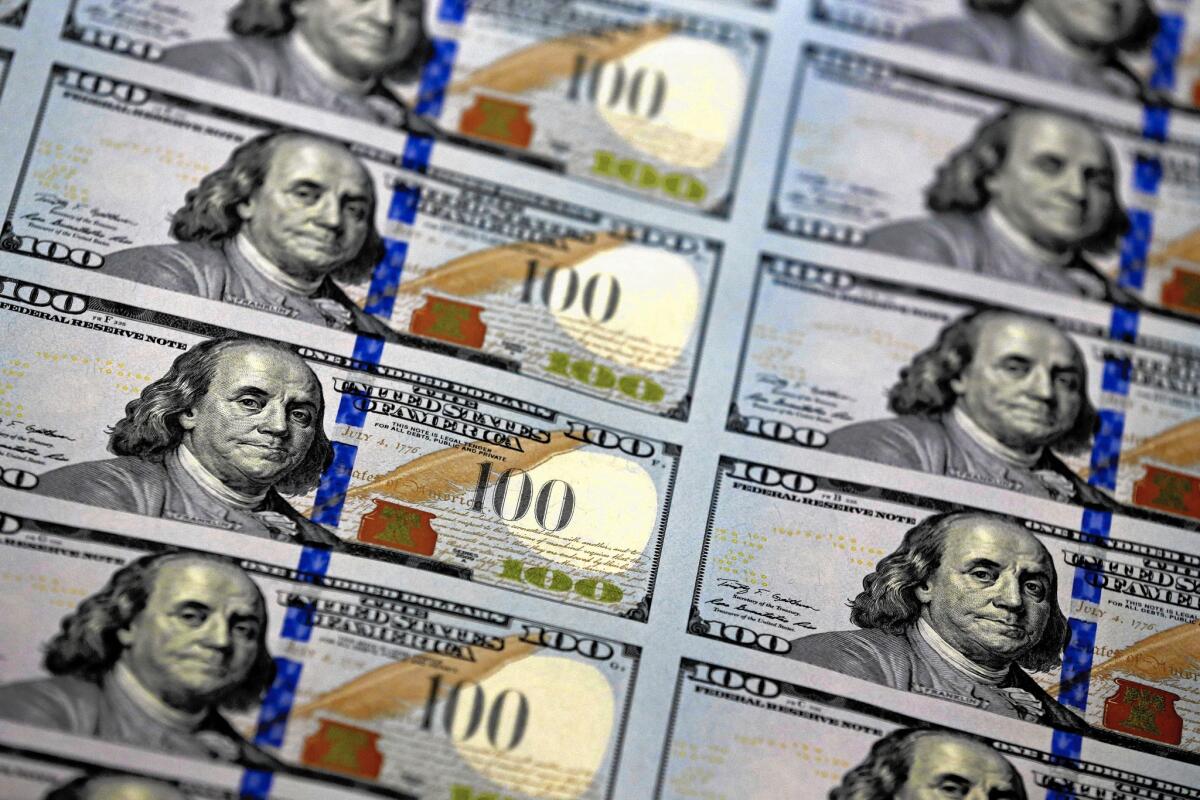Money Talk: Automatic payments may cause more problems than they solve

Dear Liz: Since I lost my second job, we have fallen behind on our bills. Although we get paid on Friday, by Monday our checking account is in the red even without buying anything.
It’s all going to automatic payments for things like insurance and college savings for our child. I think the bank has a way of processing transactions to maximize our bounce fees. Should we take control and pay manually? Is automatic payment a recipe for disaster?
Answer: In your situation, yes, because you’re spending more than you make. The bank’s fee-maximizing policies aren’t helping matters, but the fundamental problem is that you’re living beyond your means.
Your first step should be to use a refund calculator to see whether you can lower your tax withholding and take home more in your paychecks. Turbotax has one on its site called TaxCaster that’s easy to use. If you’re on track to get a fat refund next year, adjust your withholding so you can get the money now, when you need it. The human resources departments at your jobs can help with this.
Once you have a clear idea of your current income, review your spending to see where you can cut. Those college contributions should be the among the first to go. Yes, you want to educate your child, but other expenses — including current bills and retirement savings — must take priority until your income is higher. Slashing expenses may be painful, but it’s necessary to avoid going into debt or incurring unnecessary bank fees.
You can call the bank and ask it to turn off bounce protection on your debit card transactions, but you may not be able to do so for automatic payments or checks. If that’s the case, you may want to discontinue automatic payments until you get a better handle on your finances.
Another option, if you want to continue with automatic payments, is to sign up for true overdraft protection. This is less expensive than bounce protection and taps your savings or a line of credit if an automated expense exceeds your balance.
Automatic payments are a great way to make sure your bills are paid and that you don’t incur late fees. Automatic payments also can protect your credit, since skipped payments on credit cards and loans can devastate your scores.
But you have to be able to keep a pad of cash in your checking account or have low-cost overdraft protection. If you can’t, automatic payments can cause more problems than they solve.
Keeping your 401(k) money
Dear Liz: I had to resign from my job as a phlebotomist at a hospital. Did I lose the money that was in my 401(k) or do I still have it? How do I find out?
Answer: Any money you contributed to a 401(k) is yours.
Money contributed by your employer may be subjected to vesting rules that could limit how much you can keep. Company matches may vest over time, giving you access to a portion of what’s contributed each year, or they may vest after a certain number of years, giving you access to all the money.
Say your match vests at 20% each year starting with the second year. You would get nothing if you quit after the first year. After the second year, you would get 20% of the match balance (the company’s contribution thus far plus or minus any gains). After the third year, you would get 40% of the match balance, and so on until you are entitled to 100% of the match balance after the sixth year.
You should contact your company’s human resources department to find out what your options are for your account. You may be able to leave it where it is to grow, which may be your best option until you find another job.
At that point, your next employer may allow you to roll the account into its retirement plan. If you can’t keep the money where it is, open an IRA and have the 401(k) provider send the check directly there.
What you don’t want to do is withdraw the money, since you’ll lose a big chunk to taxes and penalties. Even having the check sent to you to deposit into the IRA is a bad idea, since 20% will be withheld, and you’ll have to come up with that cash from another source to avoid taxes and penalties.
Questions may be sent to Liz Weston, 3940 Laurel Canyon, No. 238, Studio City, CA 91604, or by using the “Contact” form at asklizweston.com. Distributed by No More Red Inc.
More to Read
Inside the business of entertainment
The Wide Shot brings you news, analysis and insights on everything from streaming wars to production — and what it all means for the future.
You may occasionally receive promotional content from the Los Angeles Times.










